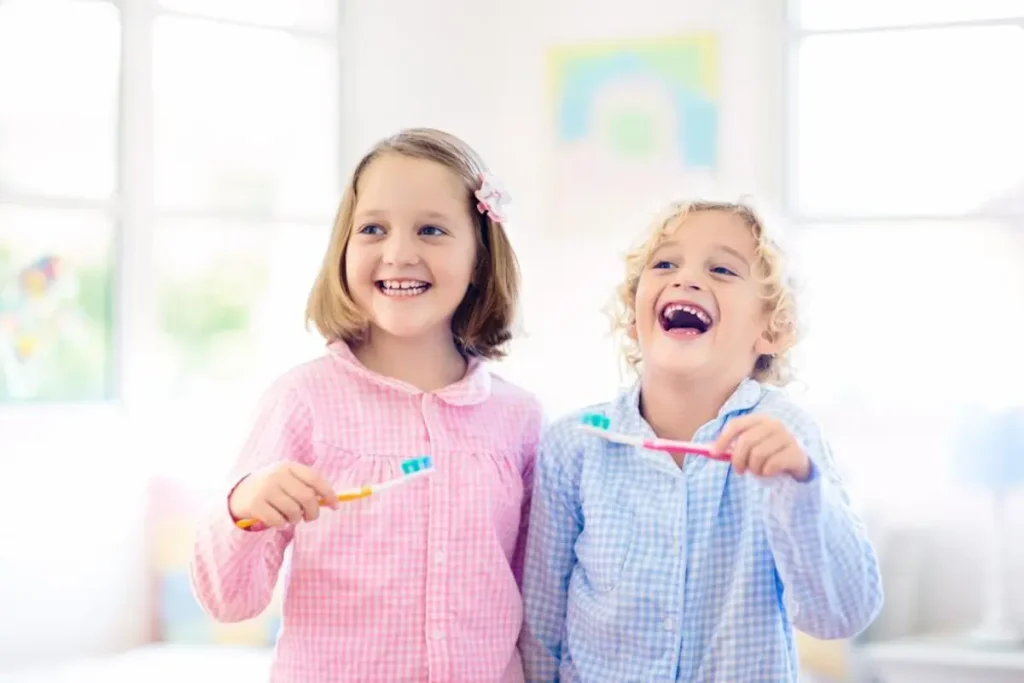The Importance of a Balanced Routine for Toddlers: How to Create One

A well-structured routine is crucial for a toddler’s overall development. Young children thrive on predictability, and a balanced routine helps them feel secure while promoting healthy growth, emotional stability, and cognitive development. Here’s why a balanced routine is essential and how parents can create one effectively.
Why a Balanced Routine Matters for Toddlers
- Encourages Healthy Habits: A structured schedule ensures that toddlers receive proper nutrition, adequate sleep, and sufficient physical activity.
- Promotes Emotional Security: Predictability in daily activities helps toddlers feel safe and reduces anxiety.
- Supports Cognitive and Social Development: Regular learning activities and social interactions strengthen a child’s brain development and communication skills.
- Improves Sleep Patterns: A consistent bedtime routine helps toddlers sleep better, which is essential for growth and overall well-being.
- Teaches Responsibility and Independence: Knowing what to expect helps toddlers gain confidence and learn essential life skills.
How to Create a Balanced Routine for Toddlers
1. Establish a Consistent Daily Schedule
Toddlers benefit from having a structured yet flexible routine. Ensure key activities like meals, naps, playtime, and learning activities occur at the same time each day.
2. Prioritize Sleep and Rest
Toddlers need around 11-14 hours of sleep, including naps. A bedtime routine with calming activities like reading a story can help signal that it’s time to sleep.
3. Plan Nutritious Meals and Snacks
Offering healthy, well-balanced meals at consistent times helps develop good eating habits. Include a mix of fruits, vegetables, proteins, and whole grains.
4. Incorporate Physical Activity
Active play is essential for motor development. Encourage outdoor play, dancing, and age-appropriate exercises to keep toddlers physically engaged.
5. Include Learning and Creative Time
Structured learning activities, such as puzzles, coloring, and storytelling, enhance cognitive and language skills. Creative play also fosters imagination and problem-solving abilities.
6. Encourage Social Interaction
Playdates, preschool interactions, and family bonding time help toddlers develop social skills and emotional intelligence.
7. Allow for Free Play and Exploration
Unstructured playtime allows toddlers to explore, be creative, and develop independence.
8. Limit Screen Time
While educational content can be beneficial, screen time should be limited to short durations and balanced with active play and hands-on learning.
Interesting Read
Karnataka Signs MoU with Liverpool University to Boost Research
Supporting Your Toddler’s Transition to Preschool: Practical Tips for Parents
Conclusion
A well-balanced routine is essential for a toddler’s physical, emotional, and cognitive well-being. By maintaining a predictable yet flexible schedule that incorporates healthy habits, sleep, learning, and play, parents can set their toddlers on the path to a happy and well-rounded development. Small adjustments may be needed based on each child’s unique needs, but consistency remains the key to a successful routine.
Encouraging structure in a toddler’s daily life lays a strong foundation for lifelong learning, discipline, and emotional stability. Start today and watch your little one thrive!
